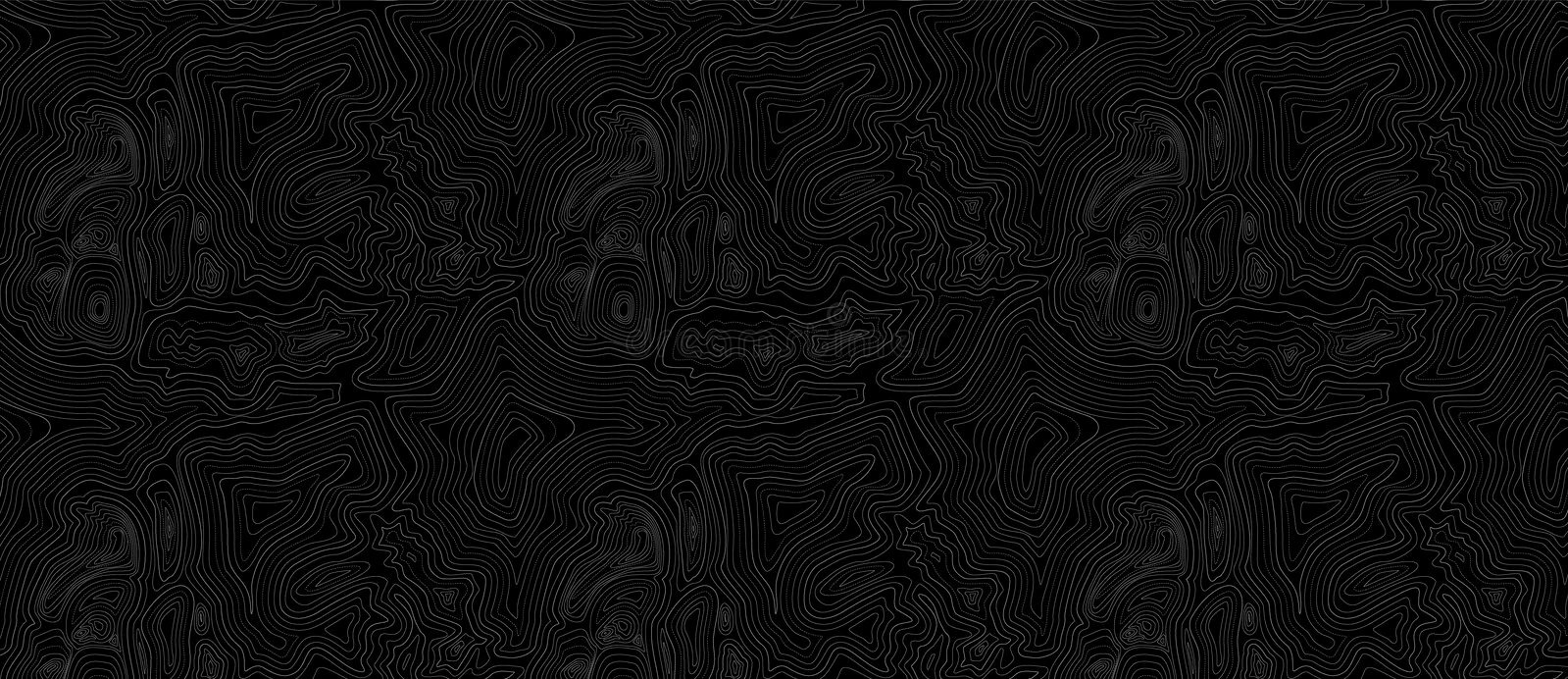

Rugged Coast Research Society [RCRS] was established in 2017 by a small group of ocean enthusiasts and adventurers. Working on research, restoration and education of the coastal areas surrounding Vancouver Island, British Columbia. Their mission is to inspire individuals and groups to protect what they love. As well as to collaborate with Indigenous governments and organizations of similar motivations to restore and further understand humankind’s impact on coastal habitats. RCRS marine biologists, marine industry professionals, wilderness guides and GIS specialists conduct effective planning and execution of mapping and debris removal projects within the most remote & impacted areas of Coastal British Columbia.
“Rugged Coast is a grassroots organization with a core team of West Coast watermen & women with a passion for adventure and exploration… promot[ing] remote restoration projects“. What makes RCRS unique is, “our ability to clean up areas of difficult accessibility due to our specialized equipment.”
— Renny Talbot
Founder & Director
Research.
Restore.
Educate.
Research Initiatives
RCRS constantly researches remote coastal marine areas surrounding Vancouver Island. Mapping accumulation locations and the debris types within. By recording data with a mobile Geographic Information System named ArcGIS Survey 123, the GIS collects pertinent data securely, with a key aspect being its ability to upload data offline whilst in remote locations. Approximately 80% of Vancouver Island’s west coast has been surveyed by RCRS and over 2,000 data points mapped and recorded thus far.
RCRS is currently working on the BC Marine Debris Accumulation Assessment. Mapping marine debris accumulation locations surrounding the west coast. The initiative starts with reviewing HD areal imagery to detect debris concentrations. The next step is ground surveying the area to estimate the amount of debris present. Data points are then inputted into the ArcGIS interface to be shared with stakeholders. Areas for debris removal initiatives are decided based upon the areas of highest concentration & areas with species susceptible to plastic impacts. Successful planning, preparation and execution of restoration operations thereafter are reliant on the GIS mapping and surveying stage.
Rugged Coast Research Society works with partner non-profits & Indigenous governments to orchestrate restoration initiatives surrounding BC’s coastal areas. 2021 statistics concluded that 248km of coastlines were surveyed and cleaned, over 66,000kg of debris removed, 55 paid jobs created [27 of which allocated to indigenous people] & 7,500 hours of work put in.
Extremely remote and areas of difficult access were able to be successfully restored due to specialized equipment and highly experienced & trained personnel. Underwater debris is located using RCRS’s specialized sonar and underwater ROV. Recovery is made possible in part by RCRS’s landing craft equipped with grappling hooks, a 11,000 pound electric winch & 300 feet of cable. Debris, project equipment and crew transportation can be conducted with a choice of 3 commercial vessels between 22-32 ft long, including the Trash Craft. Debris sorting initiatives are aided by an excavator, a bobcat and the crews comfort and safety is achieved through the use of wall tents, remote kitchen supplies and emergency supplies. With crew members trained and experienced in using the equipment.
In 2021 Rugged Coast Restoration Society received $800,000 through the Clean Coast Clean Waters initiative fund (CCCW). This initiative was provided by the government of BC in order to create jobs & support its coastal communities. Additional CCCW funding was received in 2022, allowing RCRS to continue to conduct large anthropogenic debris clean-ups along the west coast of BC.
Additionally, in 2022 RCRS was provided funds from Townline Homes to restore remote coastlines of British Columbia around the village of Tofino. This project restored 42.2km of shoreline through marine debris removal activities. A total of 6,980kg of marine debris was removed.
Restoration


Our priority is on Restoration and mapping. Since 2019 we’ve been cleaning areas that have been mapped, and over 100,000kg of debris have been cleaned up!
— Renny Talbot
Notable Projects
July 22 - Aug. 25 2021
Brooks Peninsula
Partnering with the Ka:'yu:'k't'h'/Che:k:tles7et'h First Nation & Ocean Legacy Foundation & Supported by the CCCW initiative, 13 days of field work was conducted on the southern point of Brooks Peninsula, a protected ecological reserve. After mapping and surveying 32km of South Brooks Peninsula, the RCRS team discovered the orientation of ocean currents in relation to the islands south point caused a significant build up of coastal debris. 18,400kg of debris were removed, $155,739 spent, 18 paid jobs were created & 1,530 hours were worked in completing the project.
June 15-28th 2021
Hesquiaht Peninsula
Partnering with the Hesquiaht First Nation, Coastal Restoration Society & Surfrider, 32,000KGs of marine debris were removed in Hesquiaht peninsulas first ever shoreline clean up effort. In part with the CCCW fund, the Hesquiaht First Nations welcomed crews onto their territory for 13 days of heli-dropped remote camping and restoration. 78km of the coast was cleaned, 20 jobs created & 2000 hours were worked on this substantial $255,000 project. Due to the remoteness of the area, crews of 4-6 were helicoptered & water-taxied from Tofino to designated points along the peninsula. Helicopters collected caches of debris once full & dropped onto the RCRS barge for transportation to Ocean Legacy’s recycling facility. Debris were then sorted to be recycled, repurposed or sent to the landfill. 85% of the collected debris was recycled or repurposed.

Education
RCRS offers the ability to request educational pieces in the form of keynote presentations. Topics range from matters of ocean science, marine debris impact, conservation & community sustainability pieces, suitable for all ages. These efforts hope to give incentive towards improving the health of our oceans, educating stakeholders and the general public.
Who is Rugged Coast? Listen to Renny give a detailed explanation of Rugged Coast’s mission and areas of focus, British Columbia’s coastlines and the three pillars of initiatives.
Hear about Rugged Coast’s fundraising campaign for a 32 ft. landing craft vessel for future clean-up initiatives. Capable of carrying 5,000kg of debris.
Get Involved















